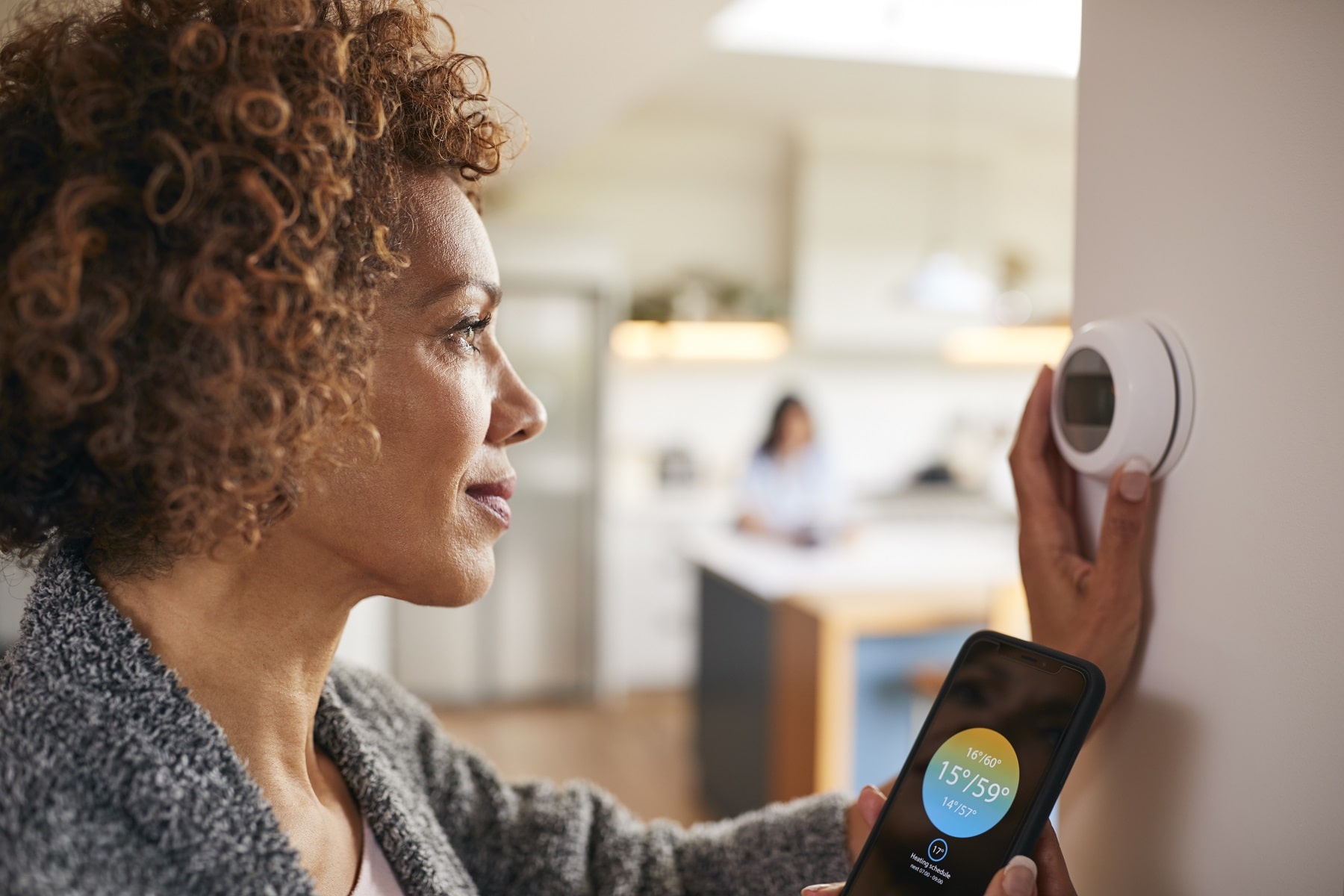Key Takeaways
- Smart home technology is shifting focus from convenience to promoting physical and mental health.
- Advanced features include circadian rhythm lighting and air quality management to enhance wellbeing and comfort.
- Intelligent automation reduces mental burden, providing safer, healthier living environments.
A New Era of Smart Homes
The modern homeowner’s priorities have shifted significantly towards wellness. Whereas smart home technology once primarily aimed at convenience, innovations now focus on improving physical and mental health. Indoor environments, impacting overall wellbeing, are integral, as people spend about 90% of their time indoors. Consequently, smart homes are now designed to support wellness through advanced systems that include air quality management, circadian rhythm lighting, and automated controls.
Light as Medicine
Modern smart lighting adapts to daily light patterns, mimicking natural sunlight to regulate circadian rhythms and enhance sleep health. With automated systems that adjust brightness and color temperature, these designs promote alertness during the day and relaxation in the evening. The integration of daylight simulation technology and motorized window treatments further optimizes indoor lighting conditions, supporting mood and vitamin D production.
Air Quality Management
Advanced air quality monitors track key parameters such as particulate matter and VOCs, automatically triggering air purification when pollution levels are elevated. Newer devices like Dreame’s occupant-tracking air purifiers enhance air quality through personalized delivery, ensuring a healthier indoor environment.
Intelligent Piping and Water Management
AI-driven piping systems are preventing leaks and ensuring efficient water usage. Innovations like the Phyn Smart Water Assistant monitor household water patterns, while systems such as Flo by Moen can autonomously shut off water supplies to prevent flooding.
Automation for Mindfulness
Smart home automation significantly reduces the cognitive load by handling routine tasks. Automated systems not only manage security and climate control but also provide continuous health monitoring and disaster alerts, minimizing anxiety and enhancing overall peace of mind.
As smart homes continue to evolve, AI will anticipate user needs to create living environments that truly align with wellness and human life. The future promises not just places to live but spaces that actively care for their inhabitants.
The content above is a summary. For more details, see the source article.















